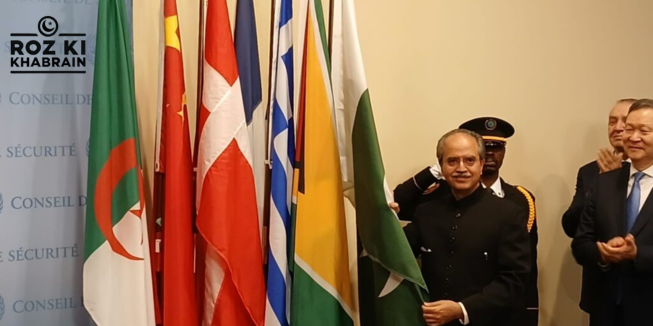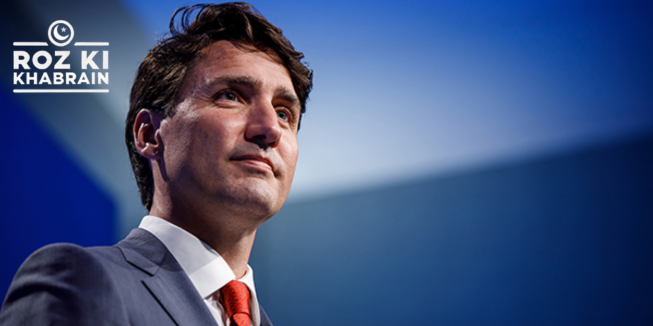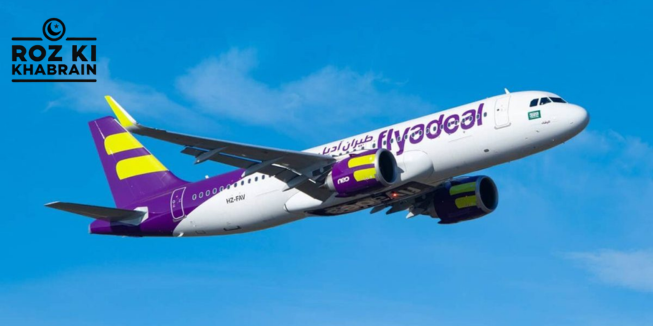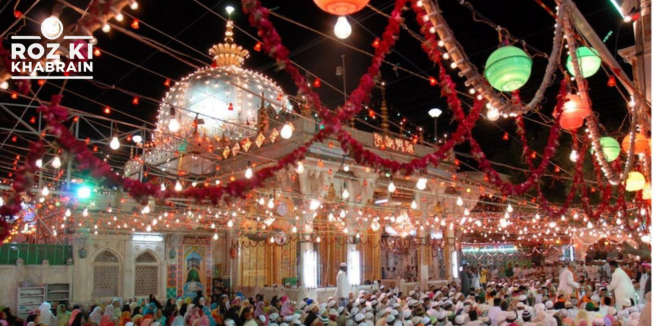On Thursday, Pakistan’s national flag was displayed in front of the United Nations Security Council chamber as the country began its eighth term (2025-26) as a non-permanent member of the 15-member body.
During the ceremony, the flags of the five new non-permanent members — Pakistan, Denmark, Greece, Panama, and Somalia — were raised at the UNSC’s stakeout at the UN Headquarters in New York. These nations replaced Japan, Ecuador, Malta, Mozambique, and Switzerland, whose terms ended on December 31, 2024.
Pakistan’s Alternate Permanent Representative, Ambassador Asim Iftikhar Ahmad, placed the national flag as part of the significant ceremony.
In his address, Ambassador Ahmad reaffirmed Pakistan’s commitment to the purposes and principles of the UN Charter, including the promotion of international peace, security, and friendly relations among nations based on equal rights and self-determination. He emphasized that Pakistan will continue to advocate for people under foreign occupation and oppression, supporting their right to self-determination.
Ambassador Ahmad stressed that Pakistan believes in cooperative multilateralism, with the UN at its core, as the most effective way to address global challenges. He underscored the need to address the root causes of conflicts, promote dialogue and diplomacy, and build confidence regionally and globally to reduce tensions and foster peace and development.
He also mentioned that Pakistan would work alongside other members to seek just and peaceful resolutions to the issues on the UNSC’s agenda and use all available tools to achieve lasting peace.
Pakistan’s commitment to the UN Charter and international law will guide its efforts on the Security Council, ensuring the effective implementation of the Council’s decisions.
Pakistan will also assume the presidency of the Security Council in July, according to the alphabetical rotation system, which will allow the country to set the agenda. Additionally, Pakistan will have a seat on the ISIS and Al-Qaeda Sanctions Committee, responsible for designating individuals and groups as terrorists and imposing sanctions.
The Security Council, composed of 15 members — five permanent (Britain, China, France, Russia, and the United States) and 10 non-permanent — is the UN’s most powerful body. It is tasked with maintaining international peace and security, making legally binding decisions, and has the authority to impose sanctions and authorize the use of force against states.




